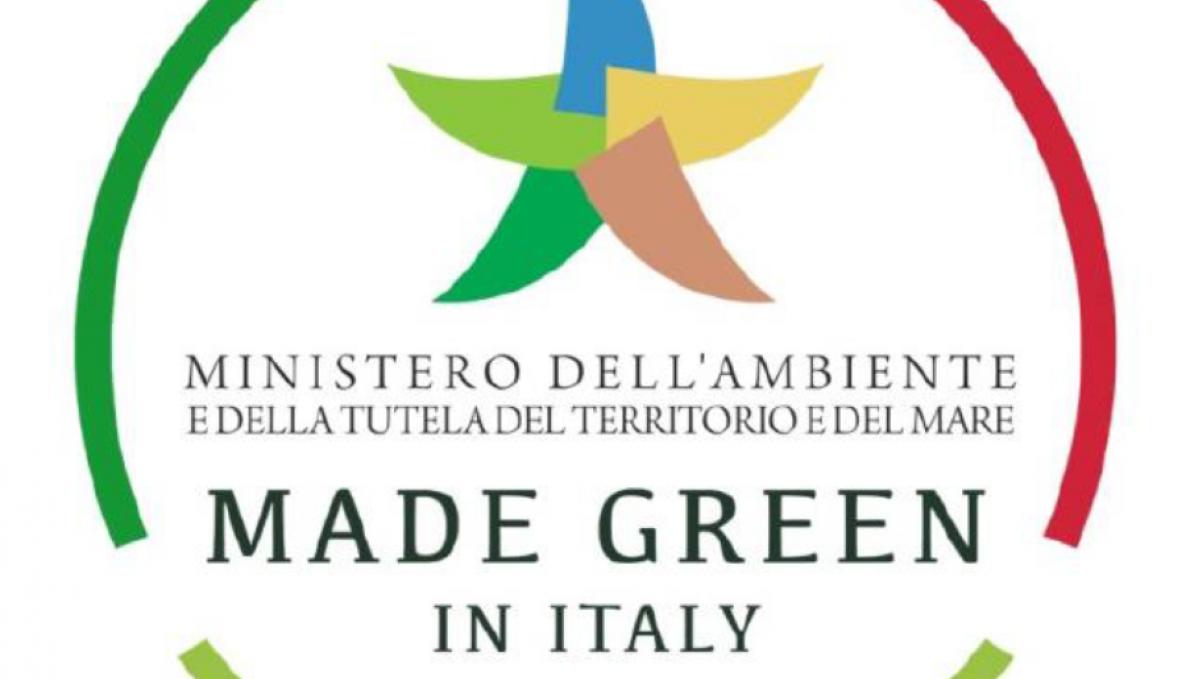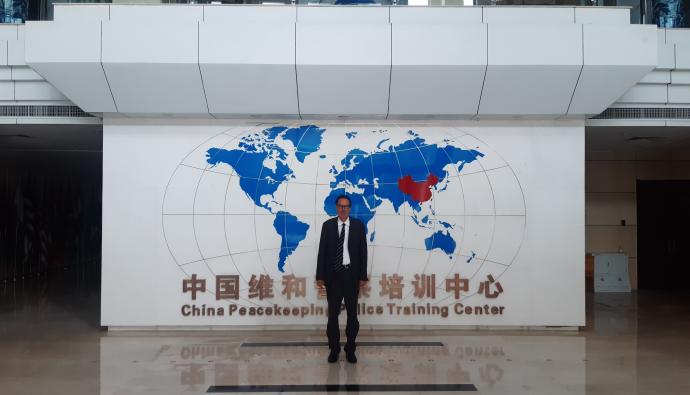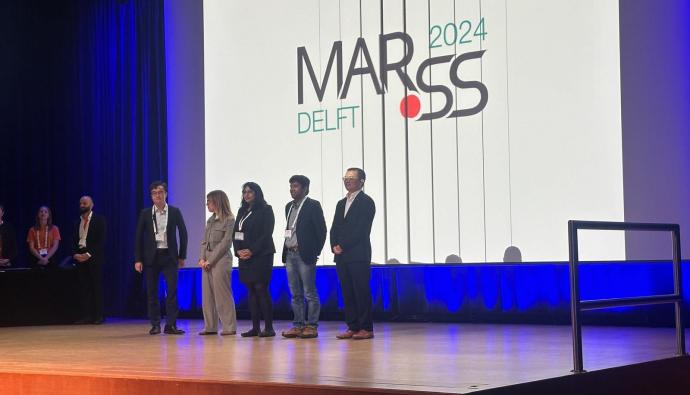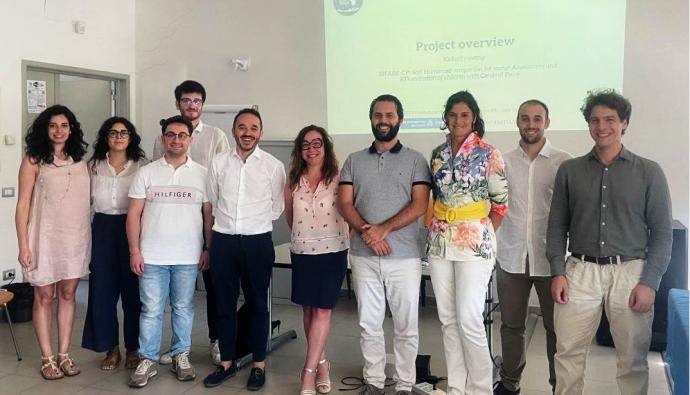ITALIAN MINISTRY OF ENVIRONMENT LAUNCHED NEW “MADE GREEN IN ITALY”ENVIRONMENTAL CERTIFICATION SCHEME. SANT’ANNA SCHOOL INSTITUTE OF MANAGEMENT RESEARCHERS PROVIDE ASSESSMENT FOR GREEN CERTIFICATION HOLDERS

The research team supervised by Professor Fabio Iraldo at Sant’Anna School Institute of Management has won the grant offered by the Italian Ministry of Environment to provide academic support for the implementation of environmental certification programs under the “Made Green in Italy” scheme compatible with the EU rules and Italian Law no. 221 of 28 December 2015.
The proposal awarded through the Ministry of Environment grant competition will focus on the harmonization of the Product Category Rules (PCR) and the assessment of the life cycle environmental performance of products EPD - Environmental Product Declarations ISO 14025 labelled.
The EPDs of the “Made in Italy” high quality products shall be based on the latest version of the PCR using pre-determined parameters. The research team will review current PCRs within the product category to specify common methods and procedures. The Academia members will analyze different classification systems, different overarching standards and different product category definitions to coordinate public efforts toward sustainable consumption and production as well as the collective responsibility toward the alignment of rules.
Italian experts from industry, trade, consumers and other key stakeholders will promote products that meet the new “Made Green in Italy” performance criteria established by the Ministry for Environment. The new “Made Green in Italy” scheme aims to stimulate the market for green products and services, and promote broader awareness of environmental issues while encouraging companies to take a pro-active approach towards the certification.
In order to meet the requirements for the new “Made Green in Italy”, entrepreneurs can take several measures regarding environmental impacts of their processing and production methods allowing general PCR information, system boundary, and impact assessment methodology to be standardized.



